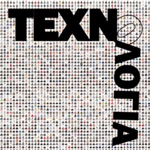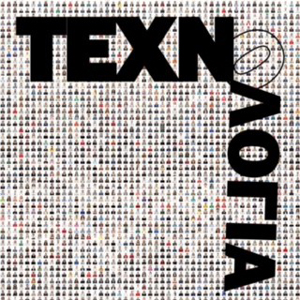Why the Artworld Needs Feminist Economics, Ruth Beale και Amy Feneck, δημοσίευση στο ArtReview [23/5/2022]

Artists Ruth Beale and Amy Feneck – who run the Alternative School of Economics – on the importance of recognising care
It is difficult to define a ‘job’ that has no single description, salary or terms of employment, as Charlotte Warne Thomas’s recent report on Artists as Workers for the thinktank Autonomy, identifies. While artists often resist definition, the lack of clarity leads to messy philosophical, ethical and practical implications for how artists are remunerated for the work they undertake. Warne Thomas’s report quotes Sarah Jaffe’s book Work Won’t Love You Back (2021), which argues that the neoliberal worker is required not only to labour in exchange for a wage, but also to love their job and discover personal fulfilment within it – and so too artists are defined by their practice and their status in the artworld. But Jaffe also compares the type of work that artists do to the more hidden labour done in the home, and child-raising in particular, ‘which is often done by mothers in the name of love, and remains almost exclusively unpaid’. For many artists who are parents, their days are filled with two types of work that are undervalued and under-acknowledged.
As The Alternative School of Economics, we use artist practice and self-education to study economics in collaboration with others. In the early days of COVID-19 lockdowns, we were working on a podcast about feminist economics called True Currency. It began as a way of exploring our own sense of alienation as mothers, while foregrounding the experiences of those at the brunt of policies like zero hour contracts and the ‘hostile environment’. It became all the more urgent as the pandemic highlighted and extremified harsh social inequalities, as well as a crisis of care. People were applauding keyworkers while the UK Home Office excluded the same low-paid ‘essential workers’ from work visas. There were increasing burdens on parents and family members during lockdowns, ourselves included, with our children off school and nursery, but equally for unpaid carers filling in for the support usually required for disabilities, dementia, neurodiversity or mental health. The mantra to ‘protect the economy’ fundamentally did not recognise care as a key part of that economy.
Η συνέχεια εδώ.





